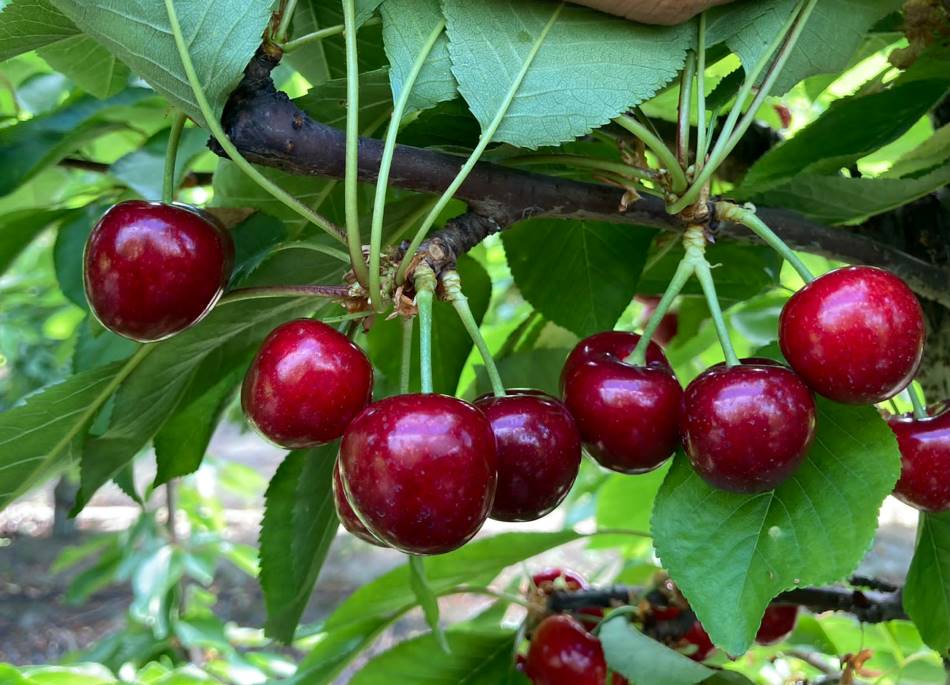It is expected that exports of Chilean cherries will reach a record figure of 657,935 tons, equivalent to 131.6 million boxes (5 kg), in 2024/25, with an increase of 59% compared to the previous season.
The estimates were announced by the Chilean Cherry Committee during the annual Cherry Blossom event in Chimbarongo this week, marking the official start of the cherry season in Chile. The committee's executive director, Claudia Soler, stated that the forecasts are based on data provided by members of the Cherry Committee, between September 23 and October 1, and may be subject to changes during the season.
“Last season was one of the most complicated the industry has experienced in terms of climate, resulting in unchanged export volumes compared to the previous campaign. This season, the agroclimatic conditions have been good, and therefore we expect to achieve the growth we did not have last season, in addition to the increases expected for this one,” Soler stated.
Chile has undergone significant expansion in cultivated area, peaking between 2019 and 2021. Consequently, significant production jumps are expected between the 2023/24, 2024/25, and 2025/26 seasons.

In terms of varieties, it is expected that Santina will account for 38.3 million boxes, an increase of 121% compared to last season. Shipments of Lapins are projected to reach 45.7 million boxes, an increase of 29% compared to the 2023/24 season; volumes of Regina will increase by 53%, with 24.3 million boxes, while other varieties will make up the remaining 23.2 million boxes.
China will continue to be the main destination market for our cherries, but Soler stated that the industry will continue to diversify exports to other markets both inside and outside Asia. The committee has allocated over 9 million dollars for marketing this year, an increase of 118% compared to last season.
“We believe this is the right year to carry out powerful campaigns that encourage greater purchases from our current consumers and an increase in new ones. These promotions will particularly focus on China, the United States, and South Korea. We will also begin working with greater resources in India—if logistics allow—and will launch a program in Brazil,” Soler stated.
Source: Fruitnet
Image: Meda
Cherry Times - All rights reserved











